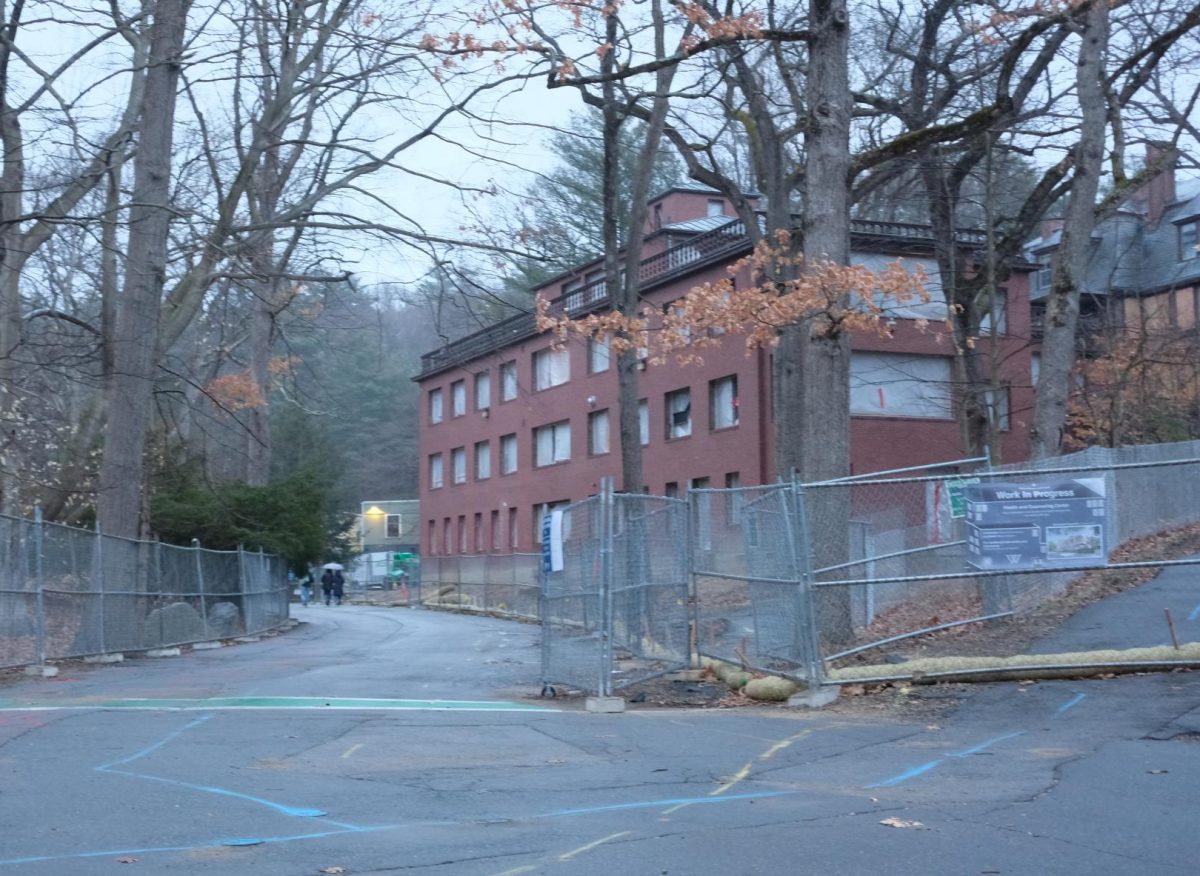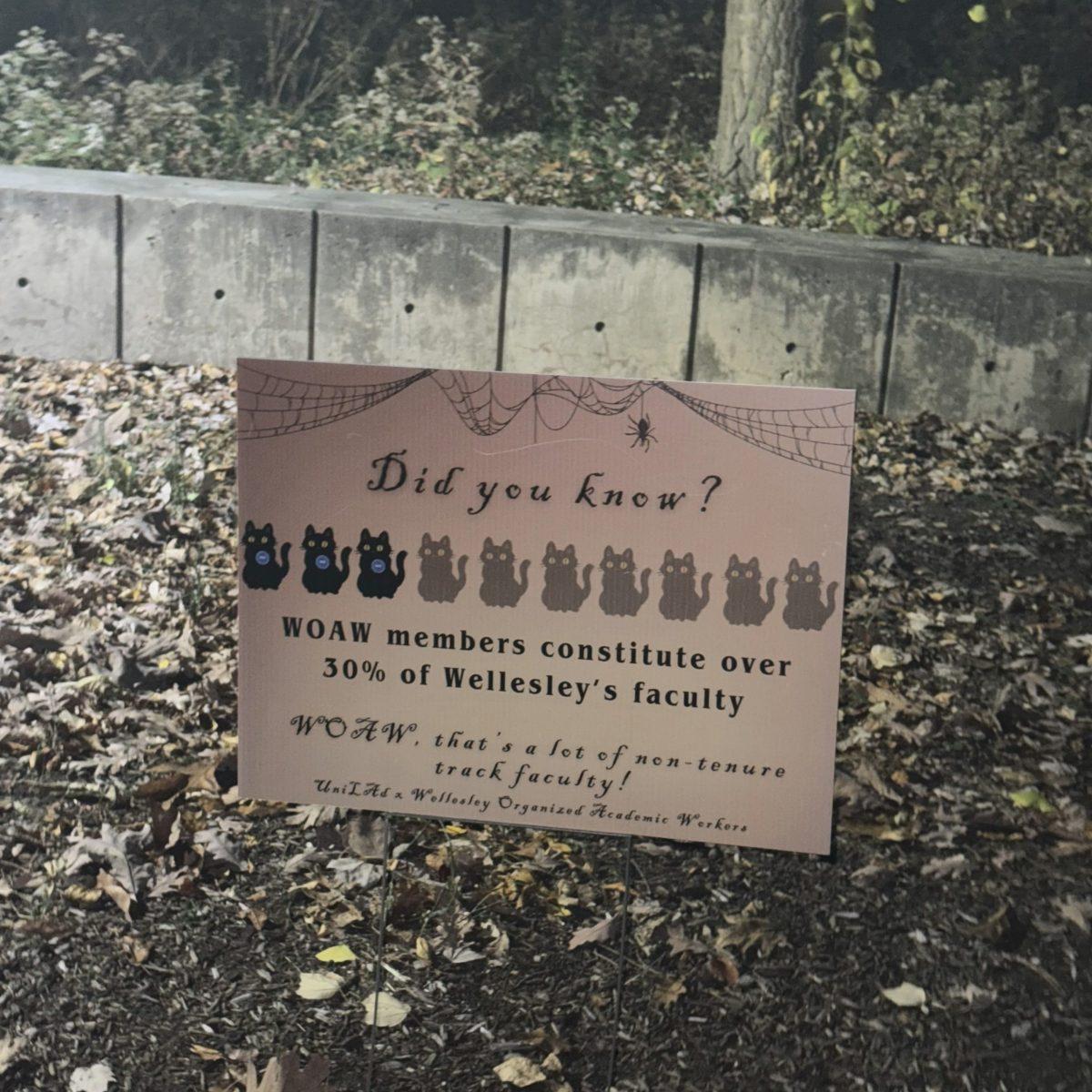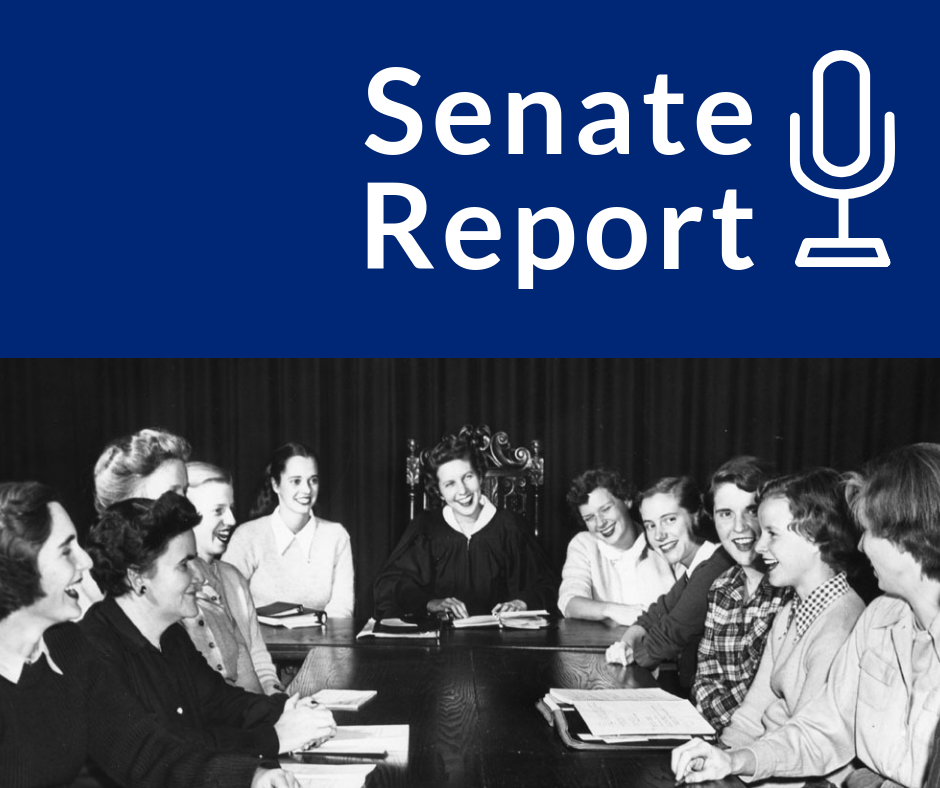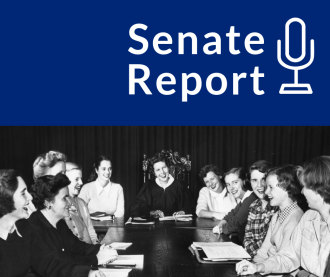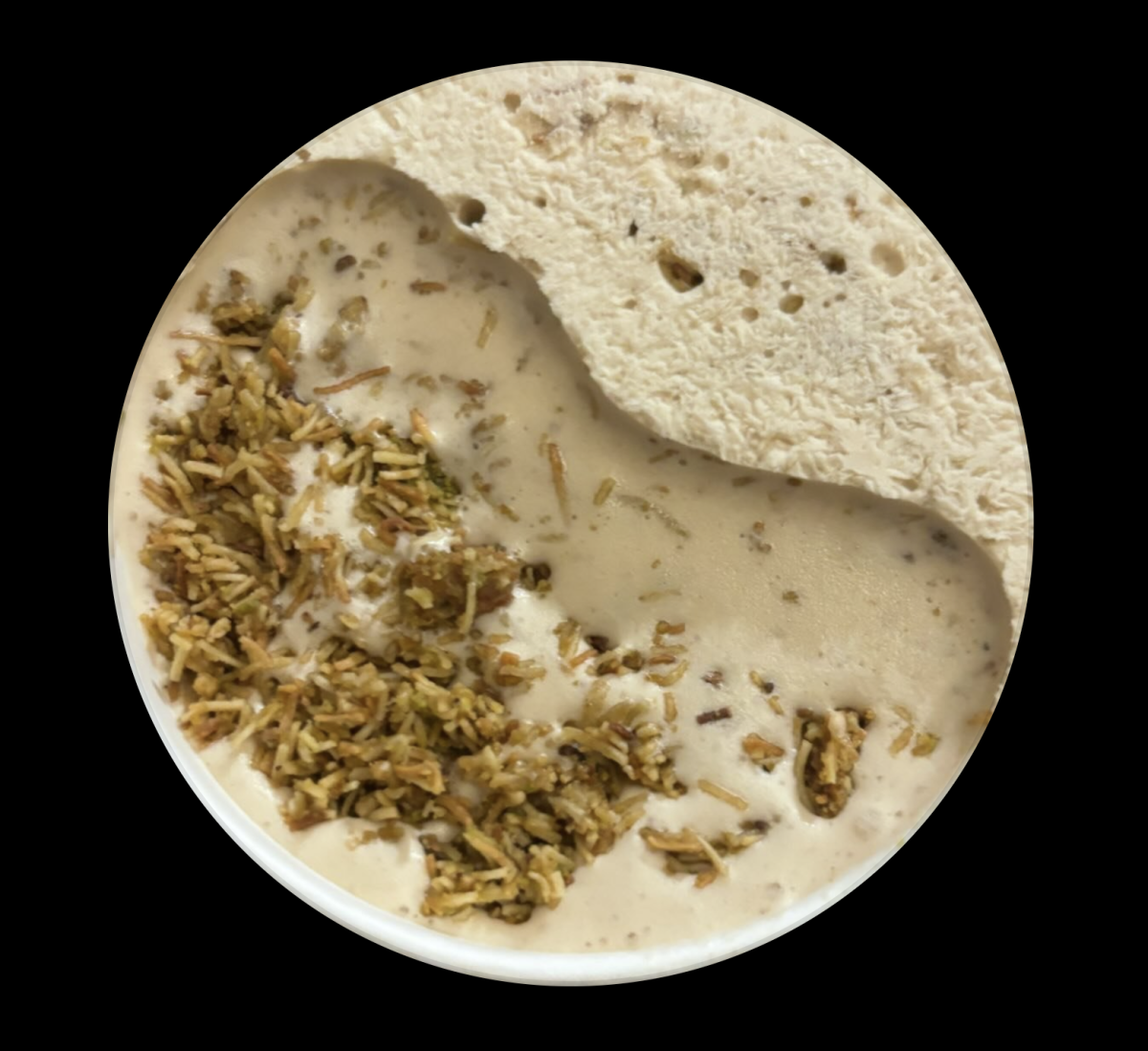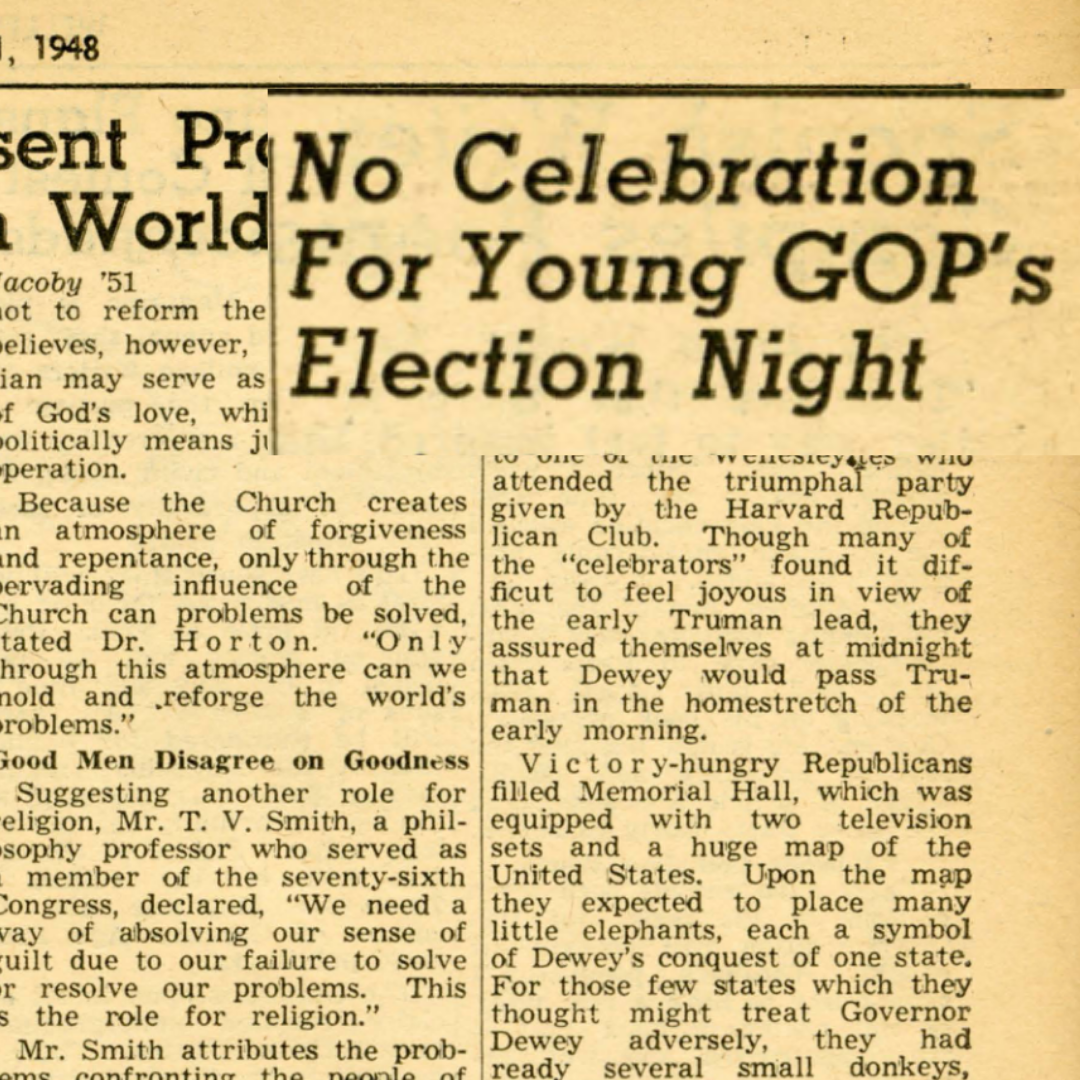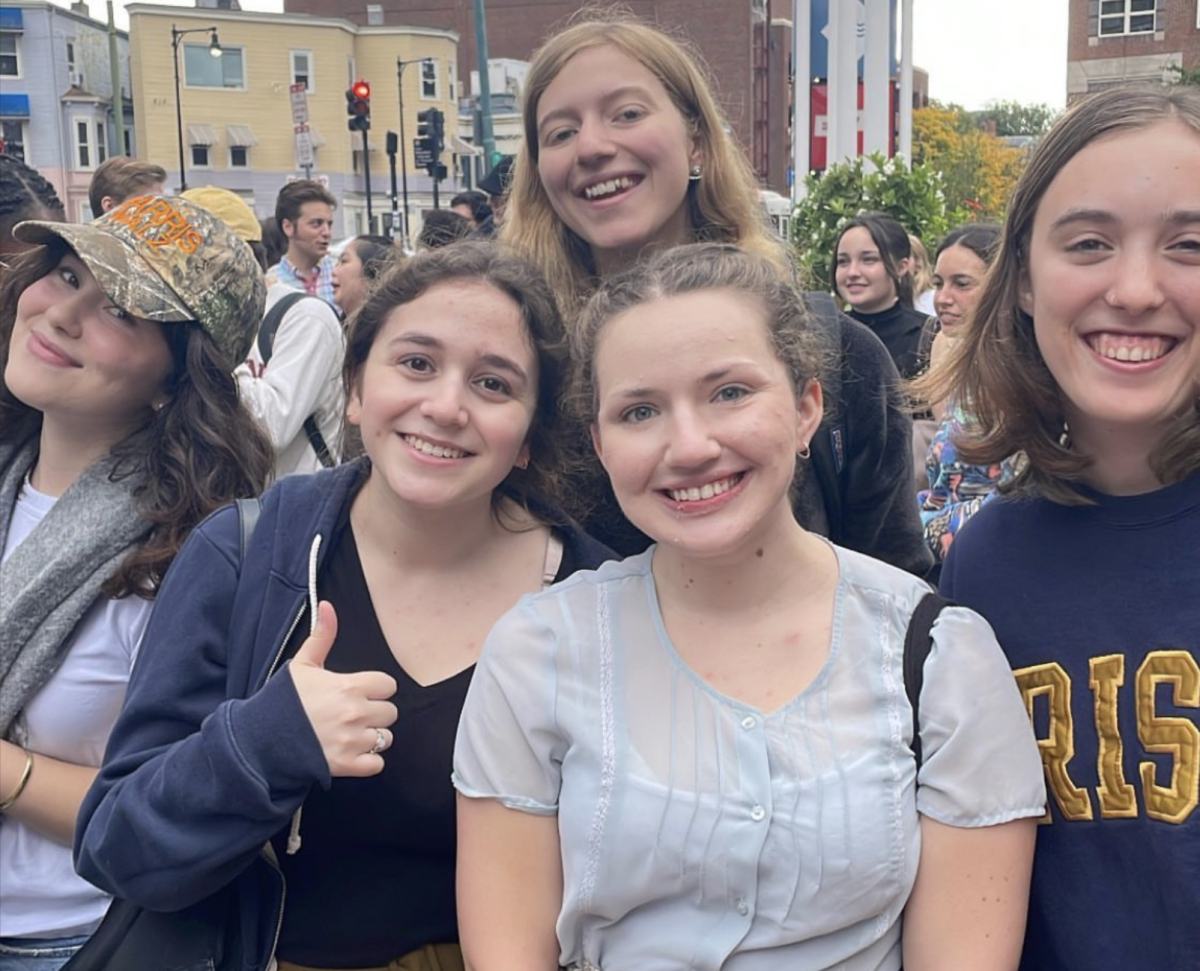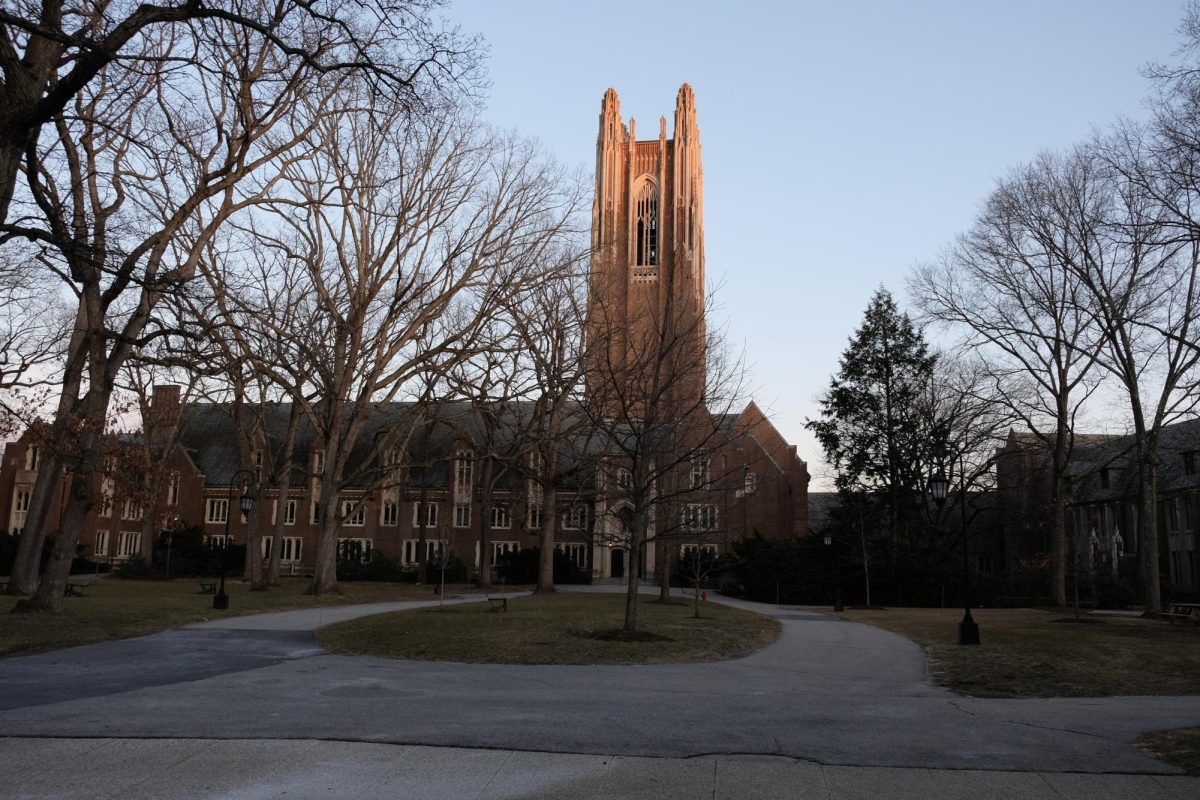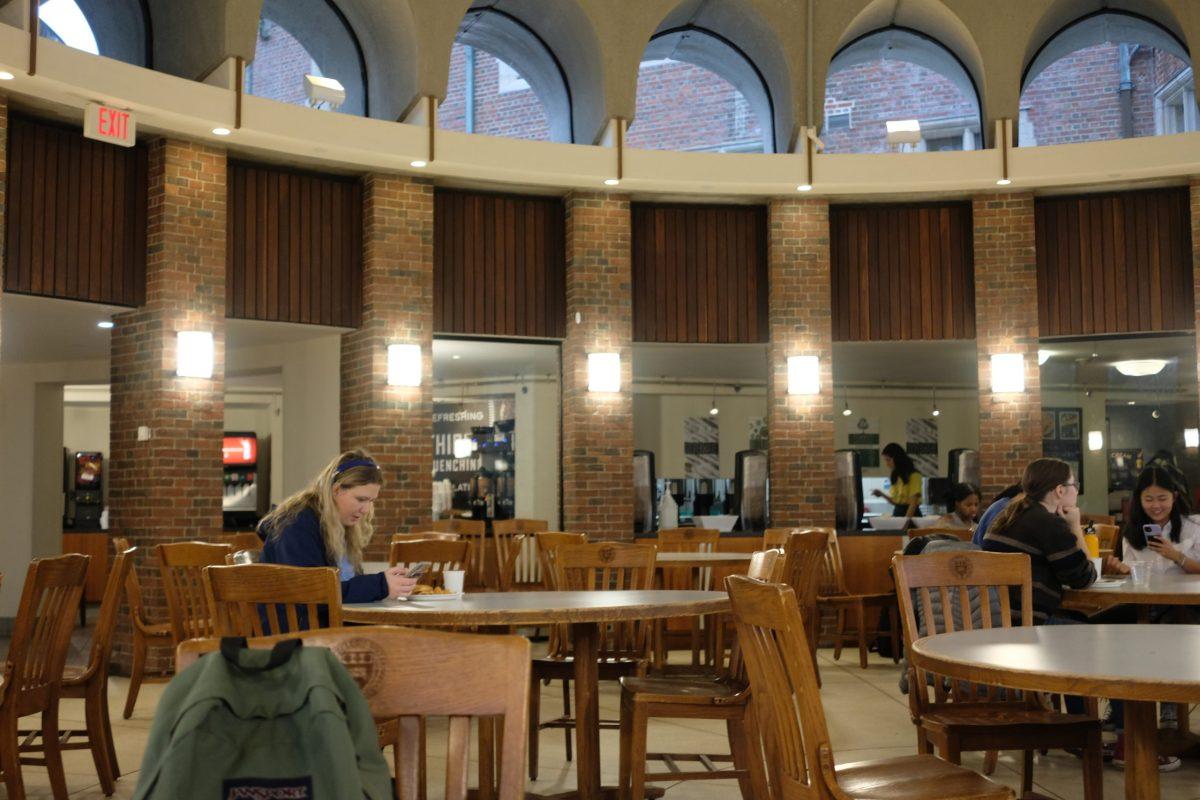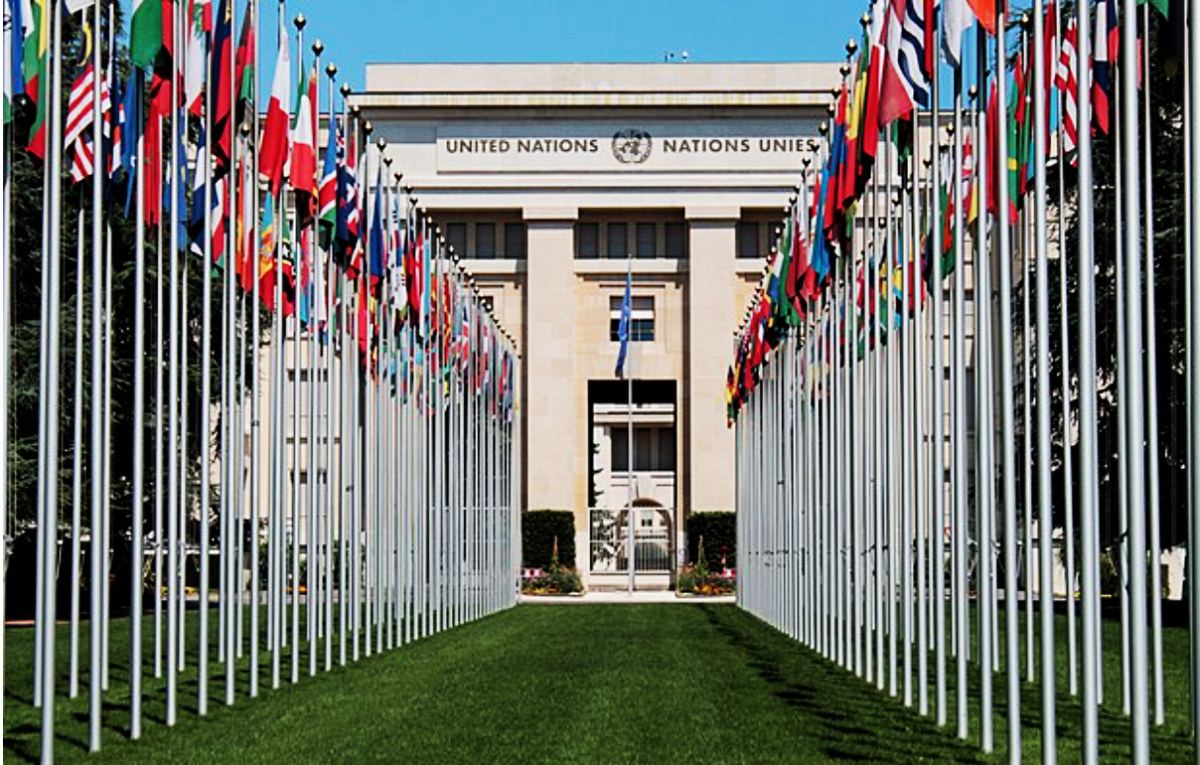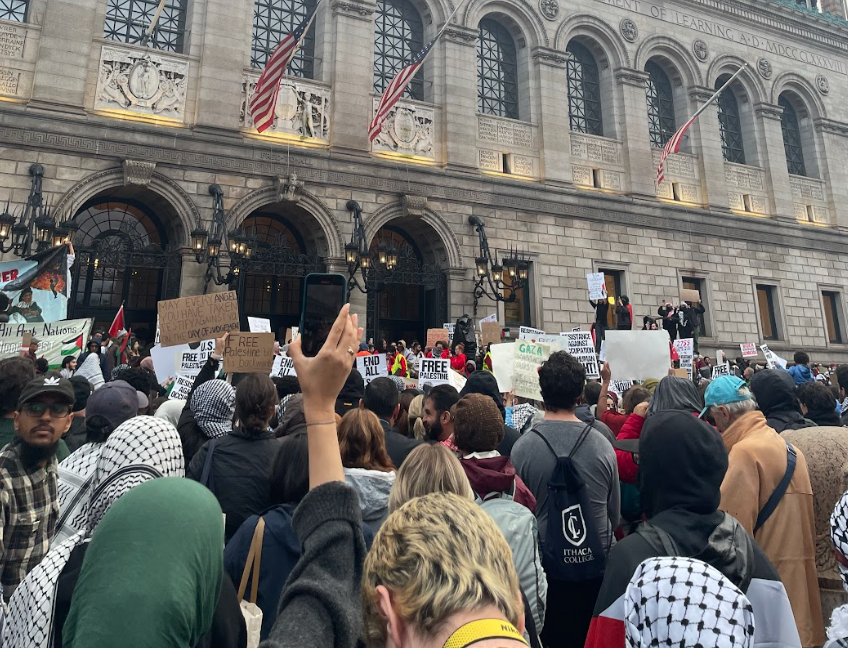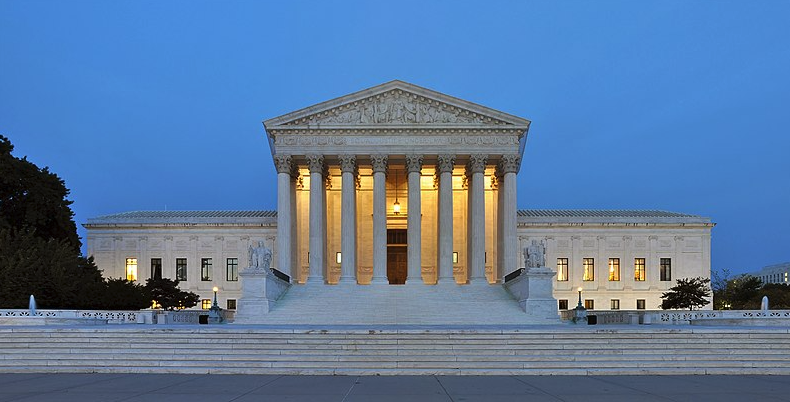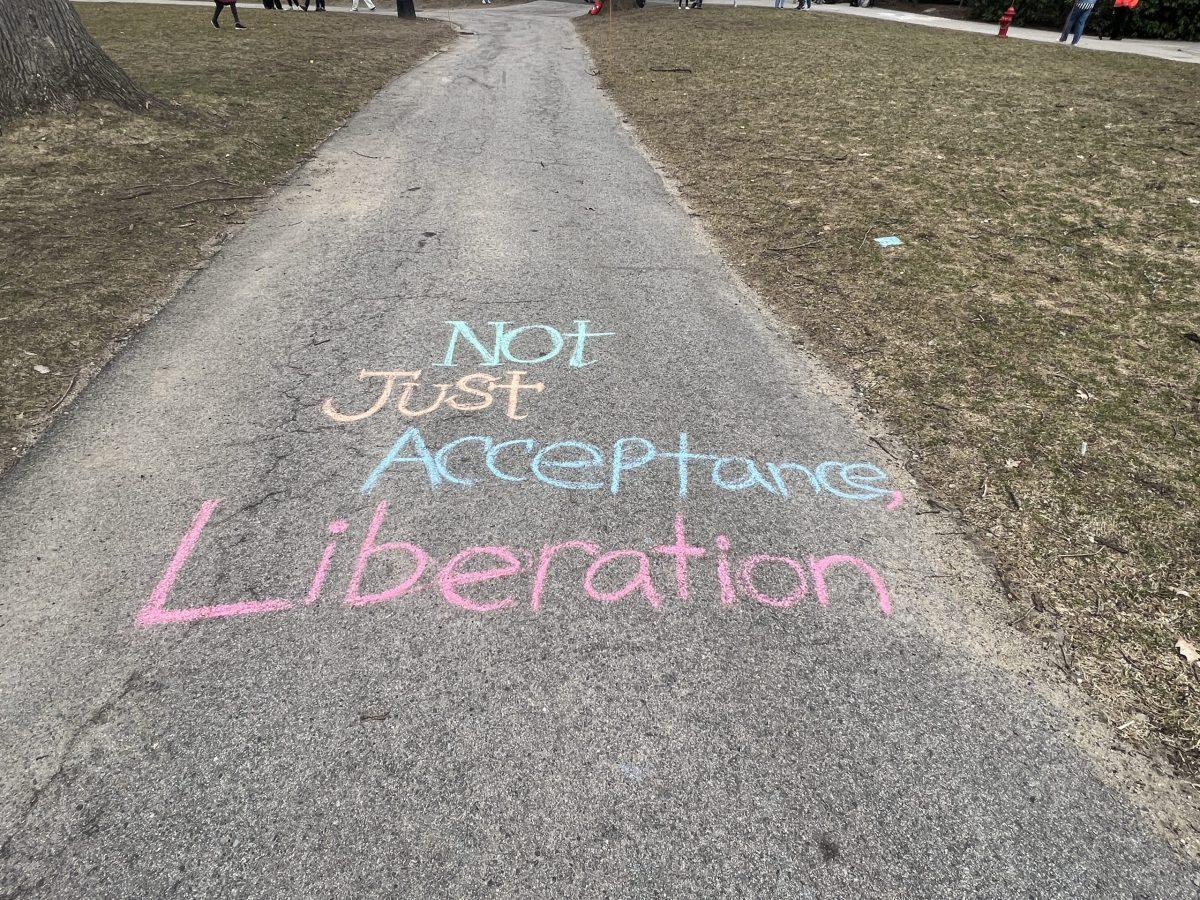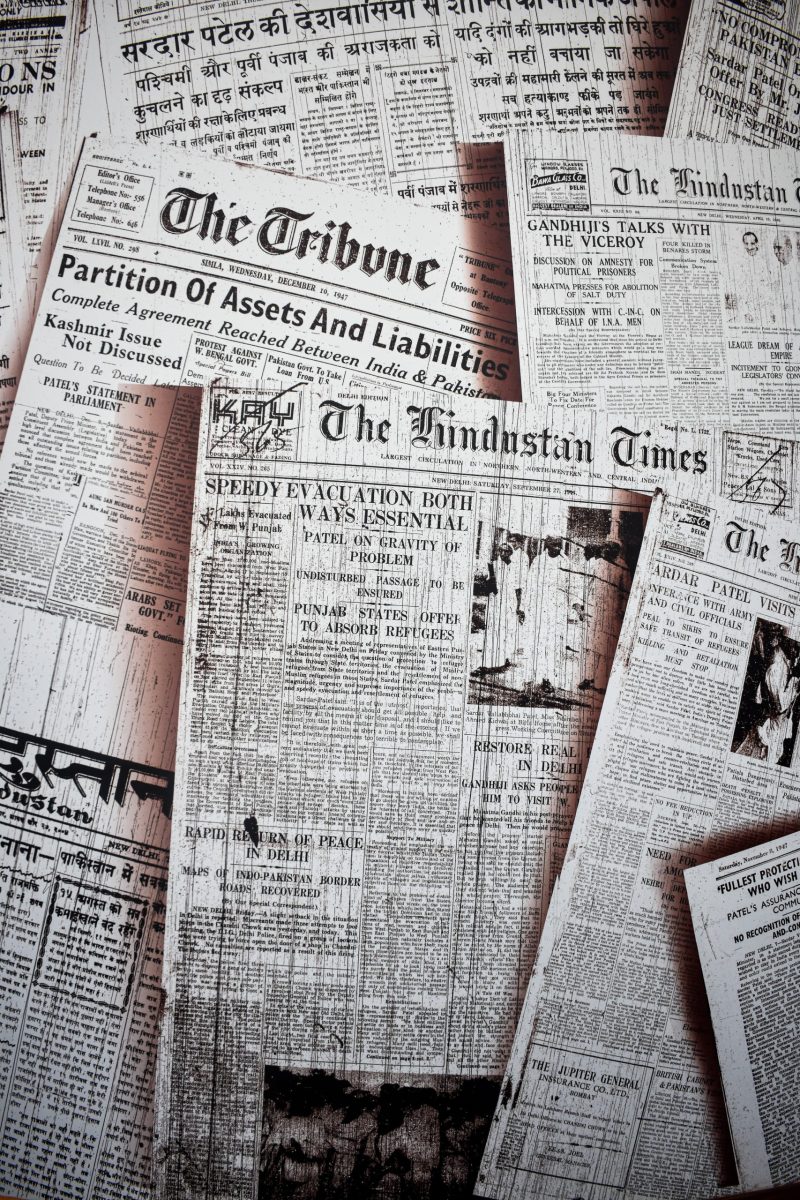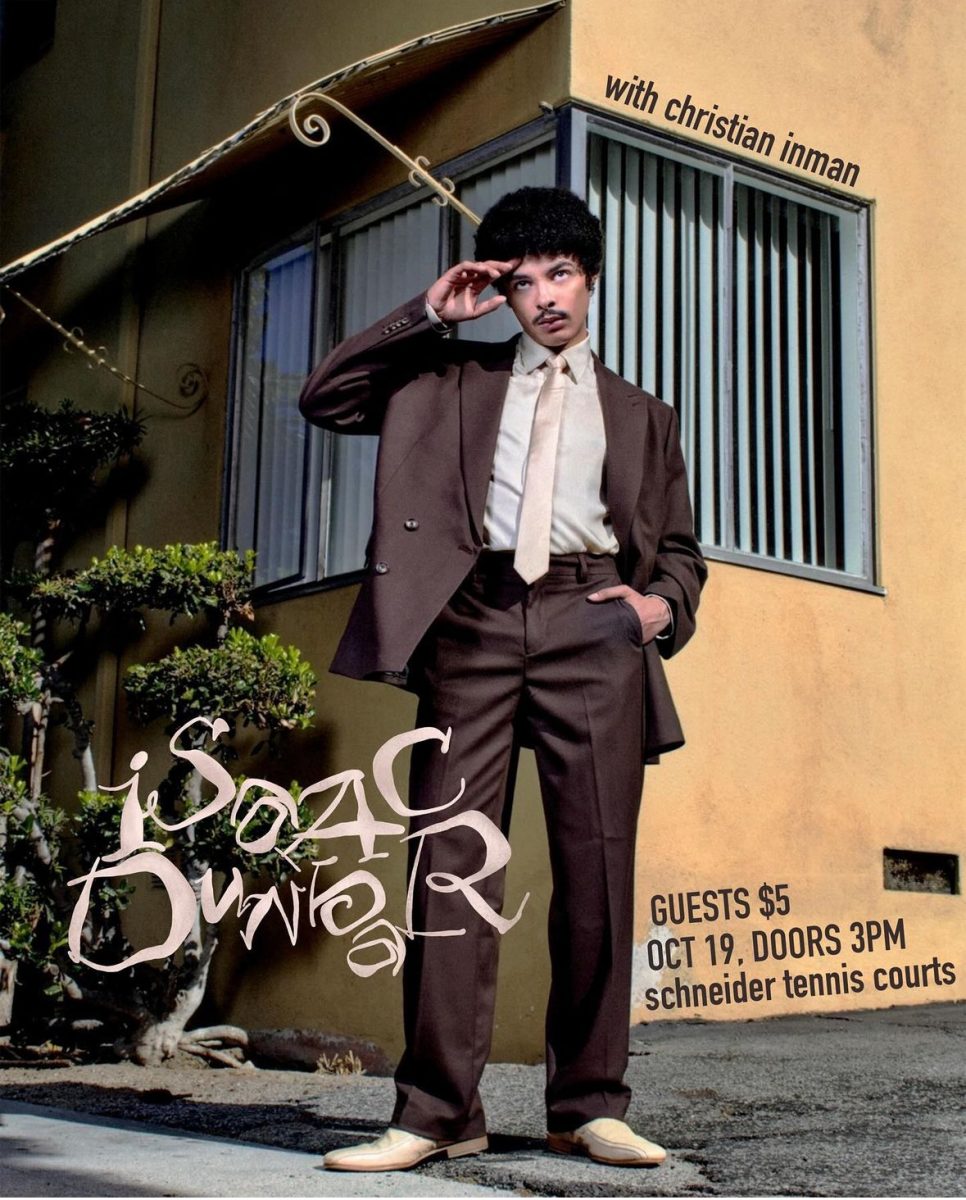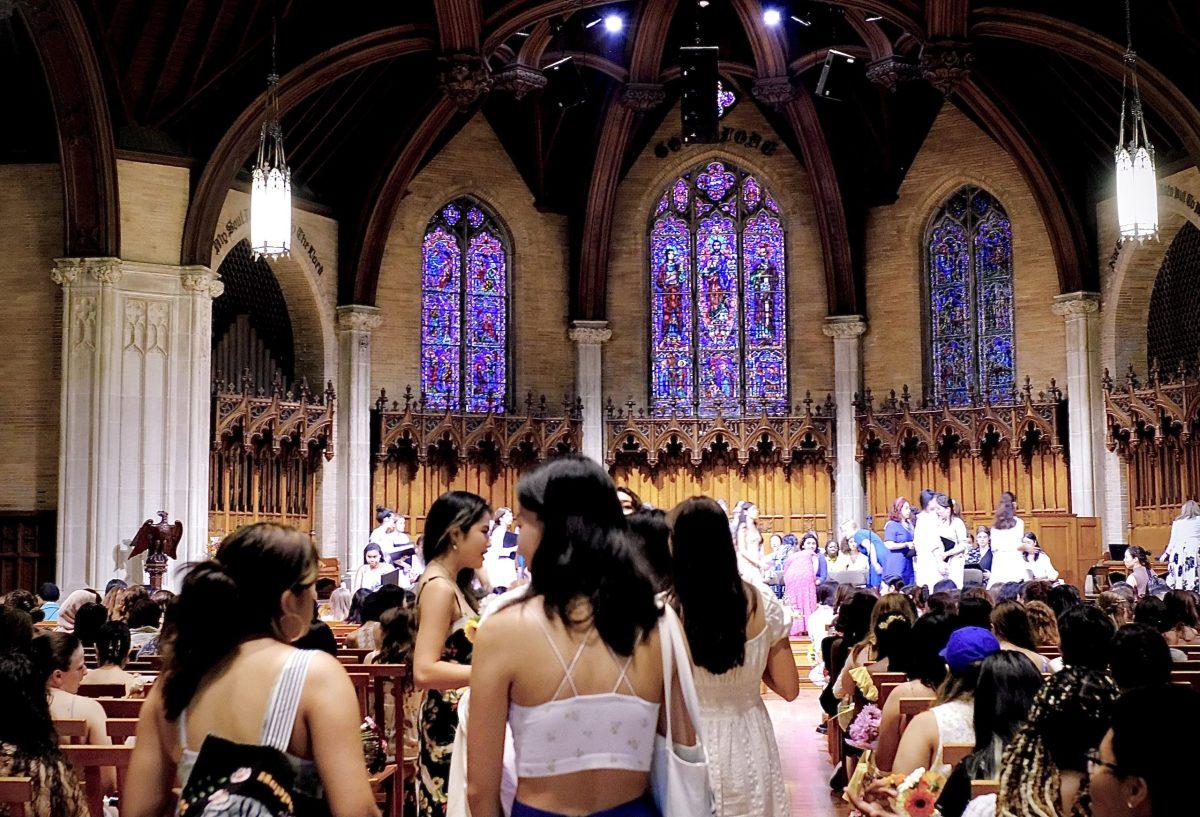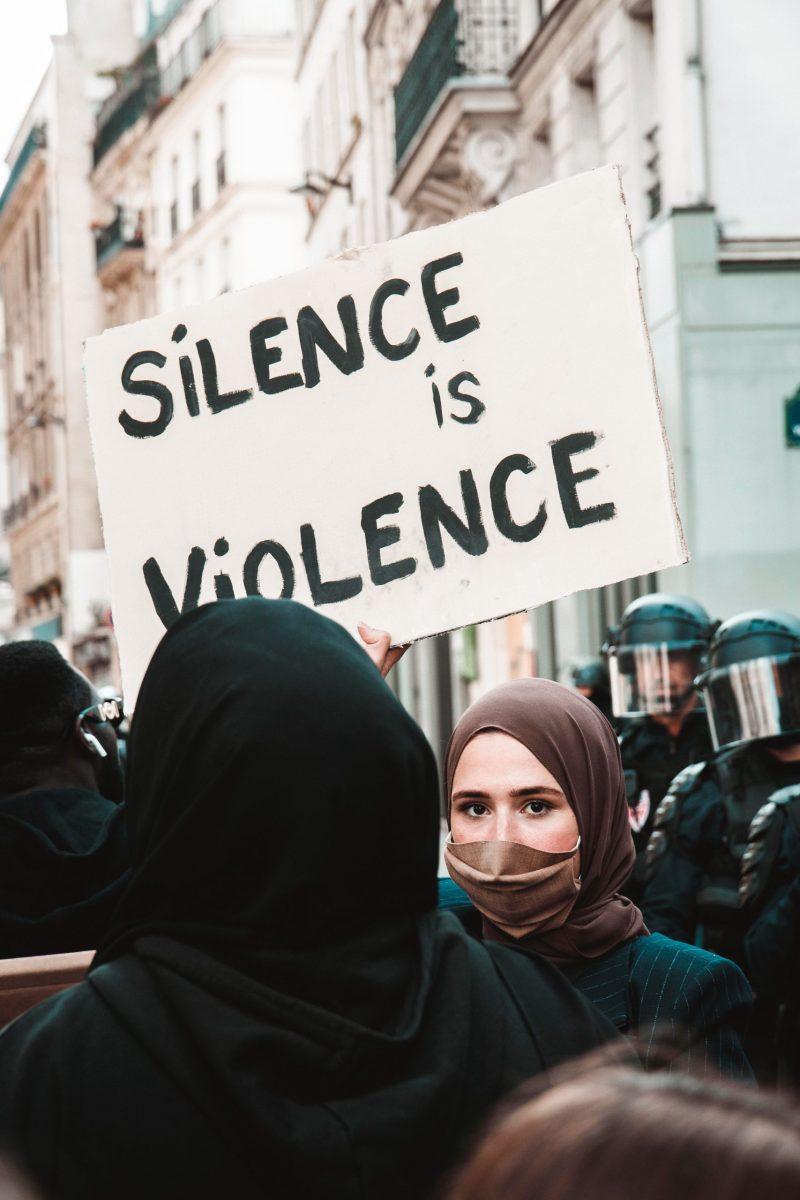One month ago, on Nov. 8, a group of children, the ages of my little sisters and younger, stood in front of the Al-Shifa hospital in Gaza and begged the world to fight for them. A little boy, speaking in English, a language that isn’t his own, said, “We come now to shout and invite you to protect us … We want medicine, food and education, and we want to live as the other children live.”
Since then, I have seen numerous examples of how different these children’s lives are compared to the lives of my sisters: the mother holding her baby boy wrapped in a white cloth stained with his blood, crying out, “I took 580 injections to have him,” 13-year-old Alma screaming to rescuers under the rubble of her home that they should get her family out first, the 5-year-old daughter of Doaa Abuajwa who celebrated her birthday days before Abuajwa was murdered.
On Nov. 18, “The Hunger Games: The Ballad of Songbirds and Snakes” arrived in theaters, leading to the original “The Hunger Games” series experiencing something of a renaissance, as fans reflected on how Katniss, the revolutionary protagonist, inspired them. They noted Katniss’s defiance when facing the Capitol, and her refusal to fit in the boxes they made for her through their dehumanizing propaganda and portrayal of the Hunger Games as entertainment for Capitol viewers.
As a reader and a writer, I have never wavered in my belief that words and stories have the power to move anyone. It is the crux of why I write, in the hopes that my words may spark a change. But then I see people watching the new installment of The Hunger Games while ignoring the parallels of the dystopian novels we read growing up with the real world, especially today.
How anyone could have read any of the Hunger Games books or watched the films and is unable to see how similarly dystopian our world is today baffles me. Or is it just because Katniss is white (at least in the films) that you can justify her resistance against the Capitol?
“The Hunger Games” was in part inspired by the dissonance the author Suzanne Collins noted in flipping through TV channels between footage of the Iraq War and reality TV. The sheer lack of awareness demonstrated in going through business as usual while hundreds of thousands of people were killed in a war justified by lies and propaganda from US media pushed Collins to create a world that reflected that disconnect. People in the Capitol lived in luxury, protected from the brutality of the oppression they perpetuated by their wealth and disconnect from the rest of their country. The people of the districts were starved and impoverished as a result of the Capitol’s extraction of resources and occupation.
We in the United States, in the belly of the beast, live such privileged lives, but at an unconscionable cost. Our taxes pay for the ongoing genocide in Palestine and violence perpetrated by the United States abroad. The dissonance between the life I am living, and the life that Palestinians are fighting to preserve is perpetuated by the lack of action from people around the world, especially in the West.
We are the Capitol.
We are the ones who have been lulled into complacency by propaganda that dehumanizes Palestinians and desensitizes us to violence against them. We are the ones that can live in luxury as people around the world suffer, not only in Palestine, but also in Sudan, the Congo, Afghanistan, Yemen and more.
But just as the tributes in the Hunger Games had to prove that they were just like everyone else, and that they were worth fighting for just like everyone else, the people of Gaza are fighting their own dehumanization, forced to film what should be private moments of mourning so that the rest of the world may see their humanity. Journalists on the ground like Motaz Azaiza, Bisan Owda, Plestia Alaqad and Wael el-Dahdouh are forced to turn their cameras on their people and themselves as they lose family, friends, their homes and livelihoods.
If you were enraged for the districts as Katniss showed how the Capitol bombed a hospital full of innocent civilians, were you enraged for the Palestinians as they showed the bombings of Al-Shifa Indonesian Hospital, the International Eye Care Center, the Turkish-Palestinian Friendship Hospital and the al-Quds Hospital too?
The people who are telling the stories on the ground are also being targeted for daring to tell a narrative different from what Israel paints them to be. On Dec. 7, Dr. Refaat Alareer, a professor of English who also believed in the power of words to change minds was murdered in a surgical strike, along with his family. His last poem “If I must die” was a chilling last message from a man who lived and breathed the power of stories.
He wrote, “If I must die / Let it bring hope / Let it be a tale.”
Almost 18,000 people in Gaza have been martyred as a result of the ongoing escalation. Several thousands more have been injured, and many are still under the rubble of their homes and their places of refuge. Along with its people, Gaza’s archives and universities have also been bombed. The main public library of Gaza City, which had thousands of historical archives and books, was also destroyed. Not only are Palestinian lives being brutally taken, so are their stories and histories.
The killing of poets, writers and activists who dared to describe the genocide as it is, and to show the consequences of the brutal blockade of food, medicine and humanitarian aid is intentional. Israel is threatened by people who resist through their words, which is why it is so important for people in the West to read and understand their stories.
This is why the cognitive dissonance in the people who praised protagonists like Katniss but declaim resistance in every real-life situation like in the Hunger Games frustrates me. They fetishize revolution as nothing more than an aesthetic, but do not apply the lessons they should have learned from those stories to their own lives. If it were real life, they wouldn’t praise Katniss and her compatriots as heroes.
The dystopia in “The Hunger Games” is not as far away as we would like to think, and it is a direct result of the inaction of many people who praise revolution only in fiction, but not when real lives are at stake. We in the US have the responsibility to do the bare minimum: share the stories of those on the ground and fight for their liberation. Our privilege is protected by the oppression the US perpetuates abroad, and we will have to sacrifice something for a path to a free Palestine.

